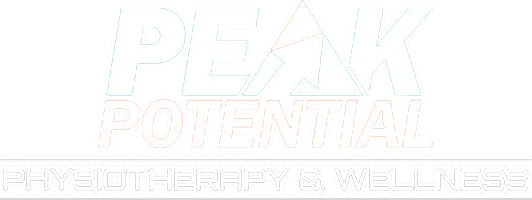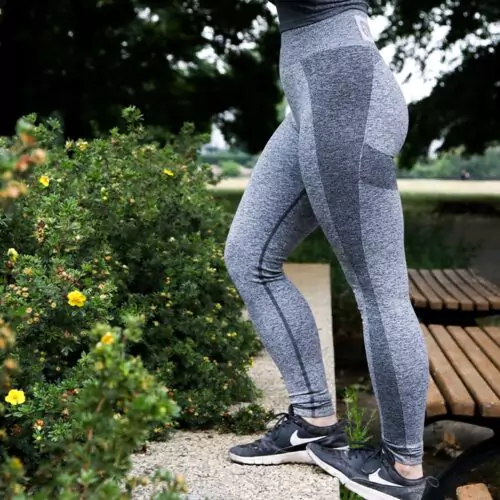We’ve all felt it. Waking up the day or two after a hard workout, taking that new class at the gym, or helping a friend move. . . you are ready to roll out of bed, but your body doesn’t want to move.
Why didn’t it hurt the day before? Because, it’s called delayed onset muscle soreness and comes about 24-72 hours later. This is the time that the muscle is actually repairing the micro tears that occurred during your activity and hopefully rebuilding stronger.
Last week we talked about the worst advice people get when it comes to obliterating this soreness.
As for the best advice we can give to help move that soreness along quickly, let’s what we have for you today.
We Suggest You Help Your Sore Muscles in the Following Ways . . .
Stay Active
Even though you may feel like staying on the couch, moving around increases blood flow and that circulates more oxygen and nutrients to all your body parts so they can heal and grow stronger.
Cross Train
Alternating between kayaking and running targets different muscles. Give your arms a day off and work your legs instead. Head for the pool instead of the jogging track or swap your gym time for a yoga class.
Gradually Intensify
Increasing your workout load by 10% or less a week is a good rule to follow. That means running 11 miles if you usually do 10, or increase the weight you lift accordingly.
Drink Water
Dehydration stiffens muscles and makes them more prone to soreness. Carry a water bottle with you so you can sip water all day long.
Cool Down
Plan about 5-10 minutes at the end of each workout for gentler movements and flexibility training. Let your heart rate lower with a slow pedal on the bike or gentle walk. Then, perform some static stretches on the muscles that you worked that day.
Visualize
Visualization and medication is shown to decrease pain without any harmful side effects. Sit down a few minutes, focus on your breathing, and imagine your breath soothing away all the discomfort.
Supplement
Some people get positive results from certain herbs, vitamins, minerals or amino acids in supplement form. Get some expert advice if you aren’t familiar with recovery supplements and be sure to tell you doctor about any substances you use to ensure they’re suitable for you.
Get Help
Book a session with a musculoskeletal specialist to work on those sore muscles and aching joints. There are effective techniques that can be used including massage, passive stretching, cold therapy, ultrasound, dry needling, Astym, and many others.
Regular physical activity helps you to live a longer and healthier life. We have found the faster people are able to recover from delayed onset muscle soreness, the sooner they can get back to work.
It’s true, you can get fit without any muscle soreness, but for occasional soreness due to over activity, try these tips for some quick relief. However, if your muscle soreness lasts greater than 72 hours, it’s best to move right on to tip 8 and schedule a consult with a physical therapist.
If you want a doctor of physical therapy to take a look at your problem, to be sure it’s not something more serious than “normal” muscle soreness . . . or you are ready to just get on with recovery as quickly as possible . . . click the link below to schedule your no obligation consult.


